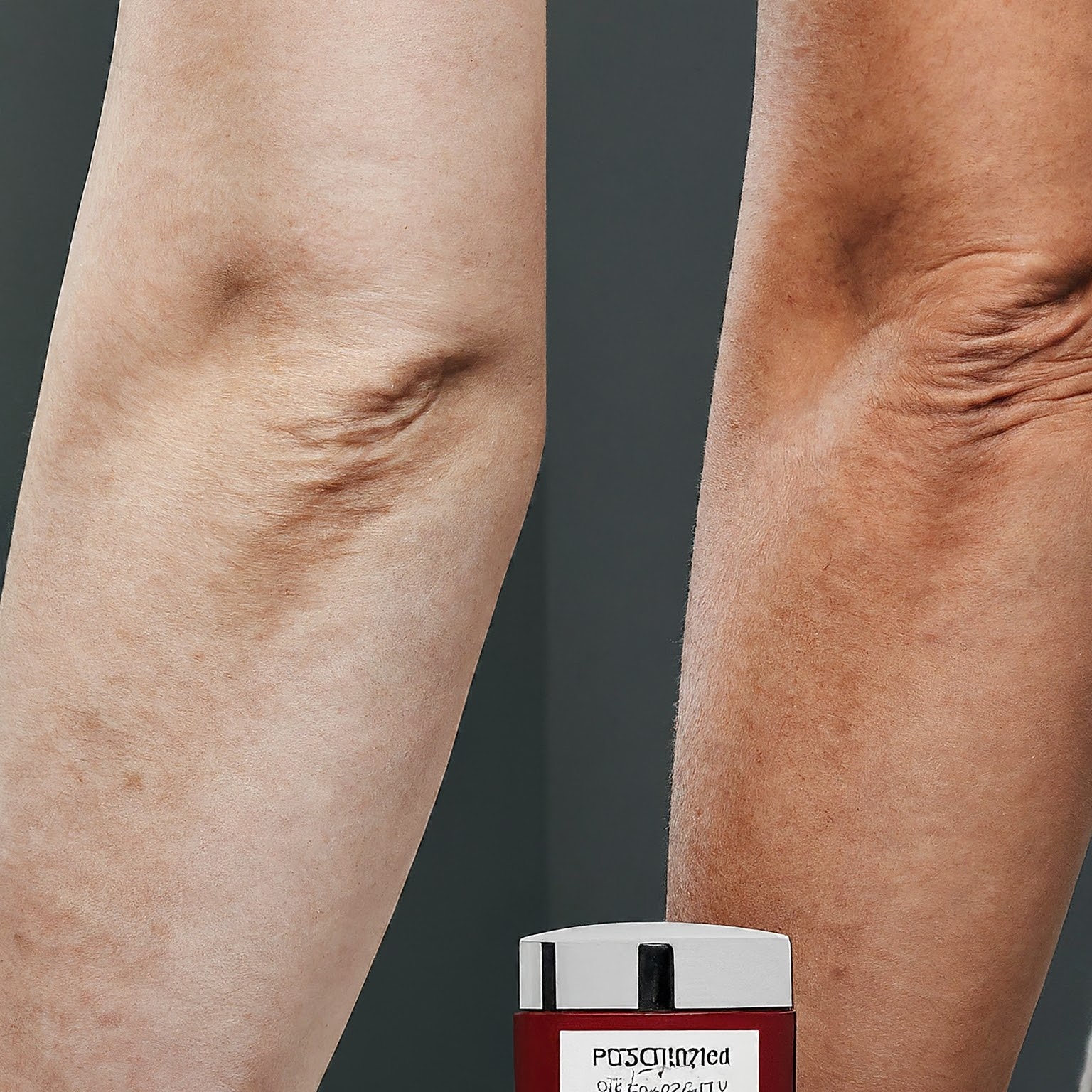Acanthosis nigricans (AN) isn’t a disease itself, but a skin condition that signals something else is going on in the body. It appears as dark, velvety patches on the skin, often in body folds like the armpits, groin, and back of the neck.
Here’s a breakdown of what you need to know about acanthosis nigricans:
Symptoms:
- Dark, thickened, velvety patches of skin.
- Most commonly affects the armpits, groin, neck, palms, and soles of the feet.
- In some cases, the patches may appear on the forehead, knees, or knuckles.
Causes:
AN is a sign of an underlying condition, most commonly:
- Insulin resistance: This can be a precursor to type 2 diabetes.
- Obesity: Weight loss can sometimes improve AN linked to insulin resistance.
- Endocrine disorders: Conditions like Polycystic Ovary Syndrome (PCOS) or Cushing’s syndrome can also cause AN.
- Cancer: In rare cases, AN can be a sign of internal cancer, particularly stomach cancer.
Diagnosis:
A dermatologist will diagnose AN through a physical examination and may recommend further tests to determine the underlying cause. These tests might include blood sugar tests, hormone level checks, or imaging scans.
Treatment:
There’s no specific treatment for AN itself. The focus is on addressing the underlying condition. This might involve:
- Weight management: Losing weight can improve AN caused by insulin resistance.
- Treating diabetes or other hormonal imbalances: Medications can help manage these conditions and potentially improve AN.
- Cancer treatment: If AN is linked to cancer, treating the cancer is crucial.
Living with Acanthosis Nigricans:
While AN itself isn’t harmful, it’s important to see a doctor to determine the underlying cause and get appropriate treatment. There are also ways to manage the cosmetic concerns of AN:
- Moisturizers: Keeping the affected areas well-hydrated can improve the appearance of the skin.
- Medicated creams: Topical creams with retinoids or corticosteroids might be prescribed by a dermatologist.
Remember: Acanthosis nigricans is a signal, not a disease. Early diagnosis and treatment of the underlying cause can lead to better outcomes and potential improvement of AN. If you notice any darkening or thickening of your skin in the folds of your body, consult a healthcare professional.
This Product on Amazon might help
